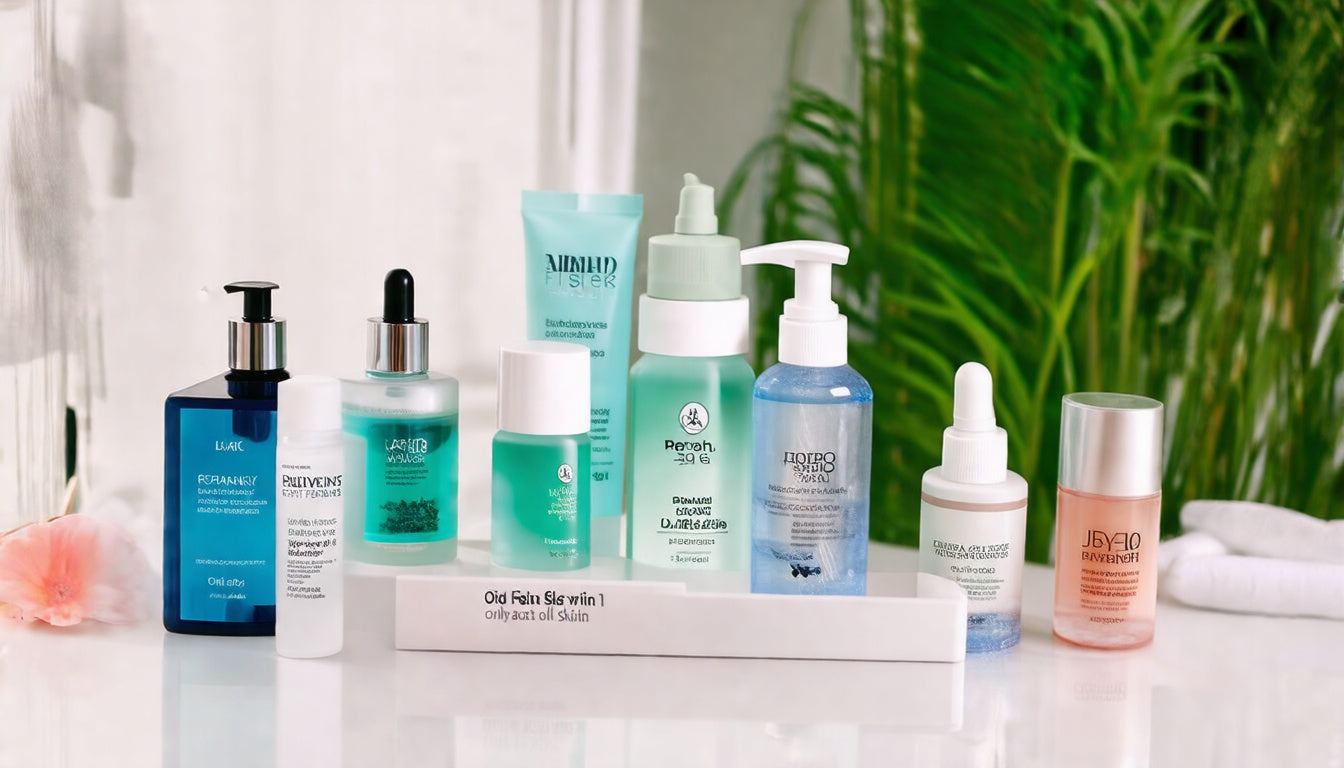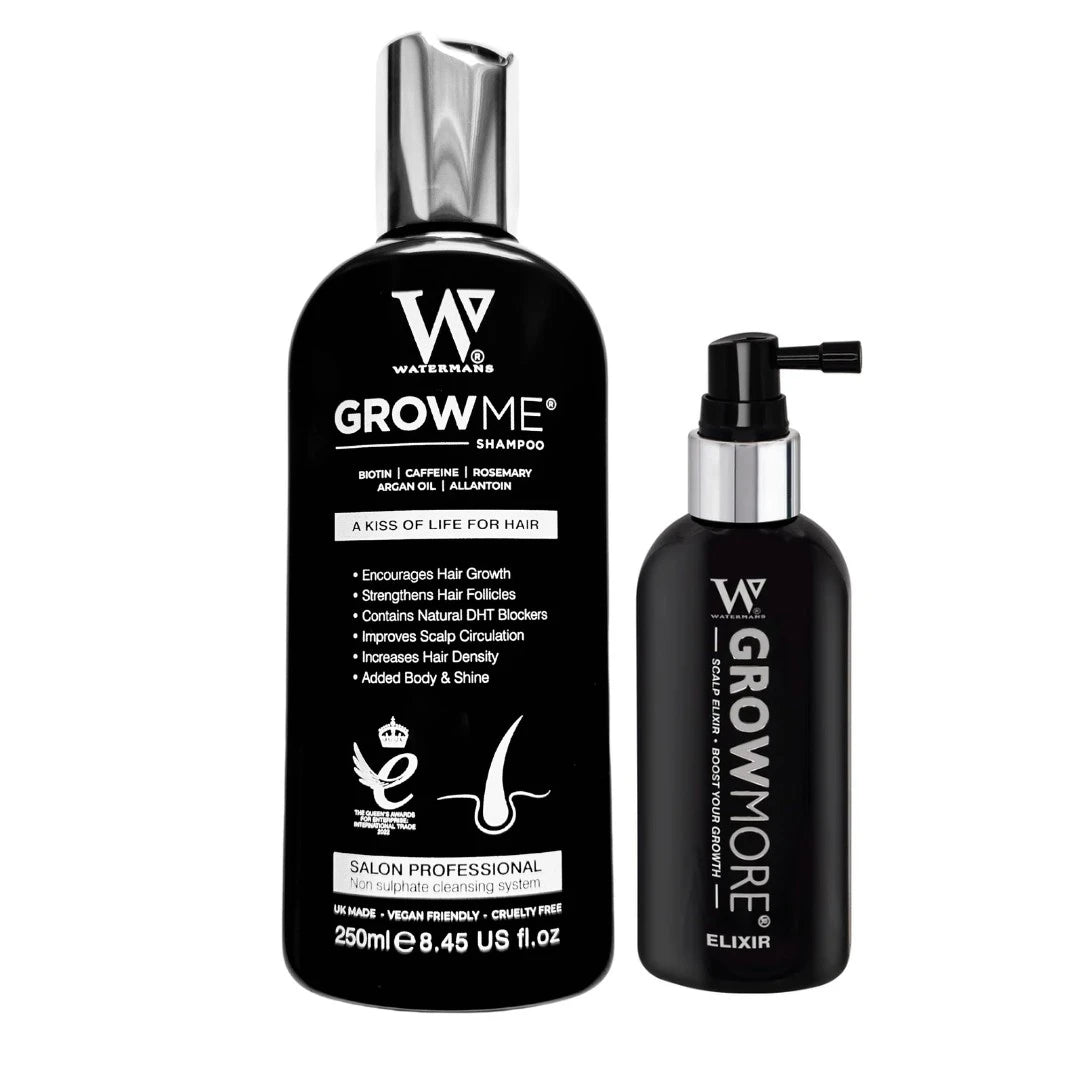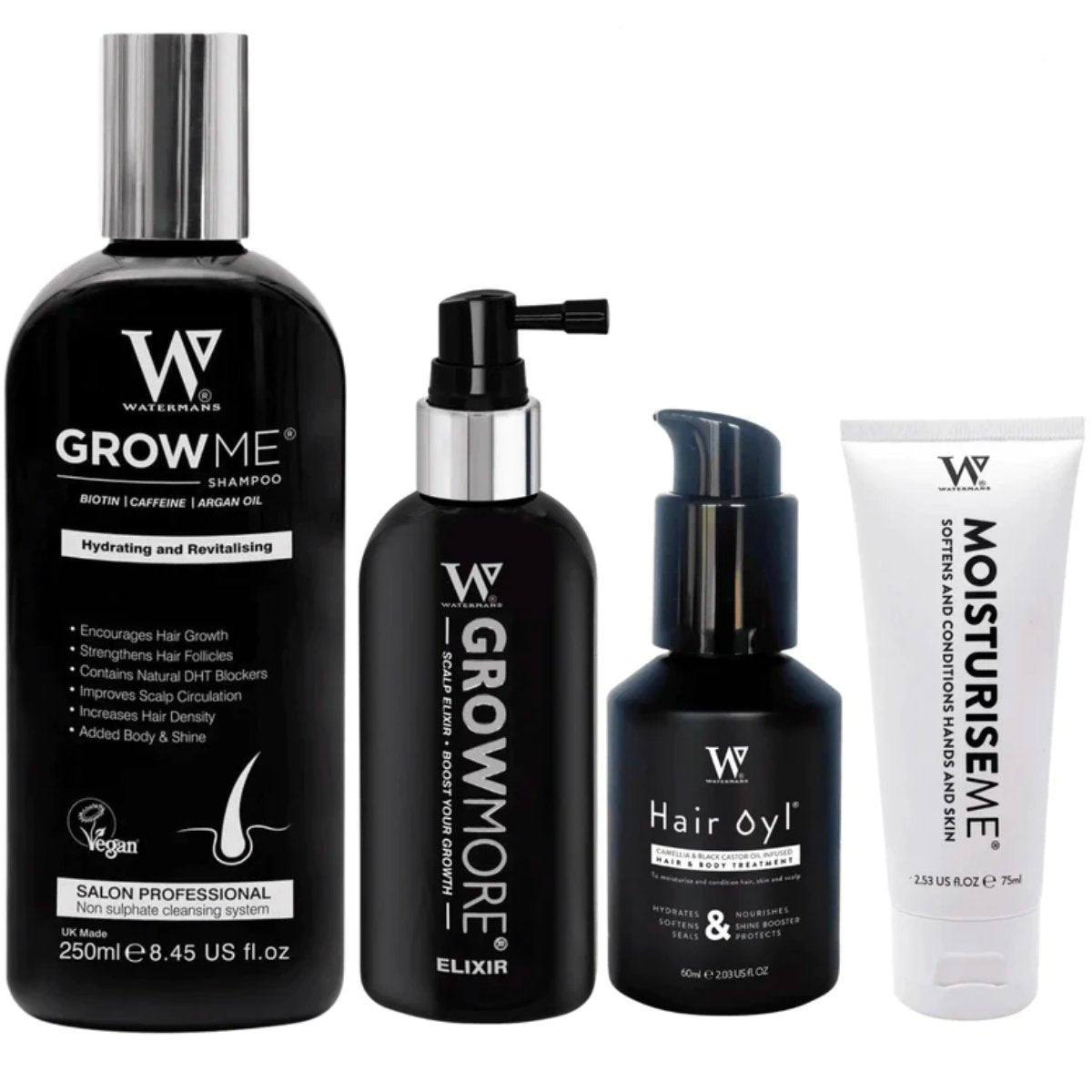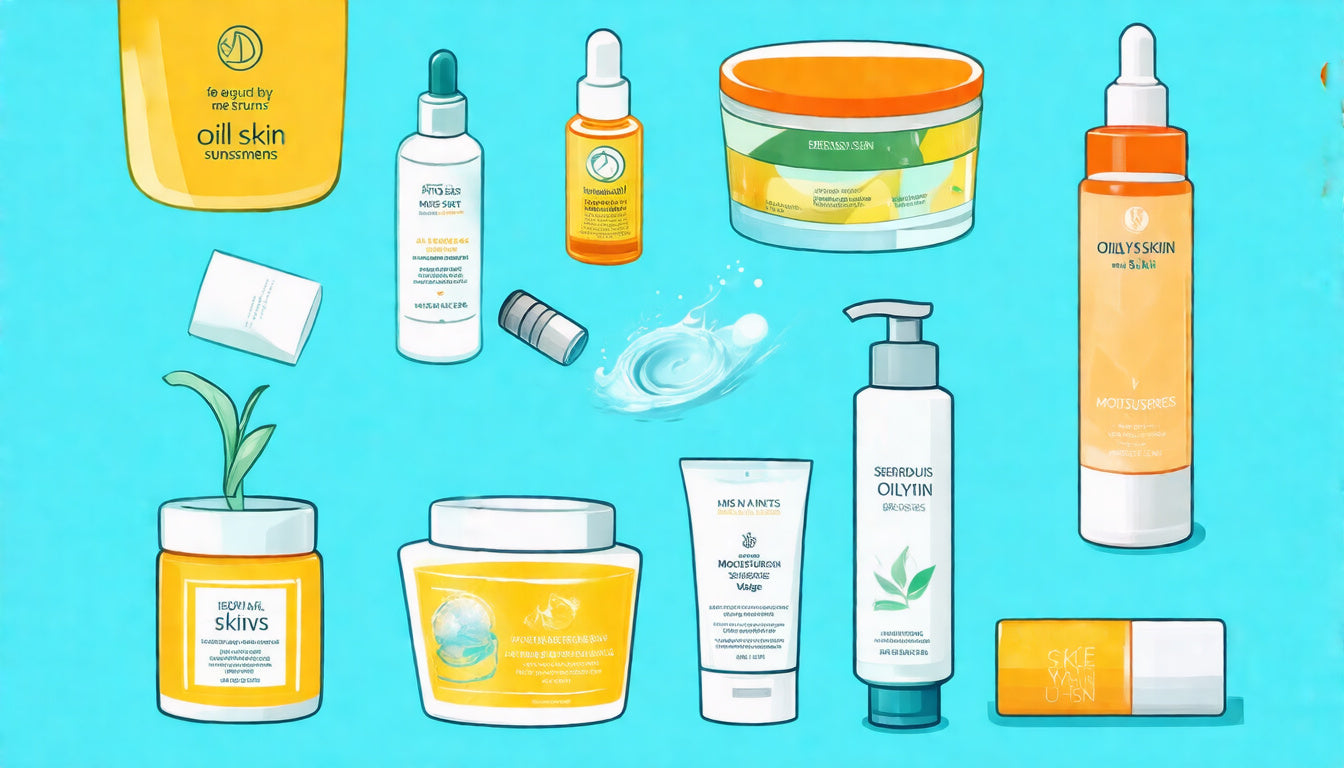
Ultimate Guide to Skincare for Oily Skin: Must-Have Face Washes, Serums, Moisturizers, and Sunscreens
Oily skin can sometimes feel challenging to manage due to excess oil production, but with the right skincare routine, it can be kept under control while maintaining a healthy glow. This comprehensive guide explores why skin becomes oily, what to do and avoid, and the essential products—including face washes, serums, moisturizers, and sunscreens—that help manage oily skin effectively.
Why Does Skin Get Oily?
Oily skin results primarily from the activity of sebaceous glands which secrete sebum, an oily substance that protects and moisturizes skin. Several factors contribute to increased oiliness:
- More and Larger Sebaceous Glands: Some people naturally have a greater number or size of these glands, resulting in more oil.
- Genetics: A family history of oily skin increases the likelihood of having the same skin type.
- Hormonal Changes: Especially before menstruation or during certain phases of the menstrual cycle, hormone fluctuations can trigger excess oil production.
- Climate Variations: Hot and humid weather, such as in summer or monsoon seasons, often stimulates oil production more than cold climates.
- Diet: Consuming sugary foods and dairy products can exacerbate oiliness and acne tendencies.
Interestingly, oily skin tends to age slower than dry skin, offering a youthful appearance in the long run.
Essential Skincare Tips for Oily Skin
1. Choose the Right Face Wash
Cleansing is critical for oily skin. Use a gentle, oil-controlling face wash designed specifically for oily skin types. Such cleansers reduce excess oil and remove dead skin cells, helping your skin appear fresh and clean throughout the day.
2. Keep Your Scalp Clean
Oily skin often extends to the scalp, and regular washing is important to prevent oil from trickling down the face, which can cause acne particularly on the forehead and sides of the face. Treat any dandruff issues promptly to avoid worsening acne and hair fall.
3. Change Pillow Covers Regularly
Oils from your skin transfer to your pillowcase, potentially aggravating acne. It’s advisable to change pillow covers every 2 to 3 days to maintain cleanliness.
4. Use Separate Towels for Face and Body
Face towels should be soft, gentle, and washed every one to two days to avoid bacteria build-up. Avoid using the same towel for your face and body as it increases the risk of acne-causing bacteria transferring to facial skin.
5. Keep Blotting Papers Handy
Blotting papers provide a convenient way to absorb excess oil throughout the day without overwashing your face, which can strip natural oils and trigger even more oil production.
6. Use a Clay Mask Occasionally
Clay masks containing ingredients like multani mitti or bentonite clay are excellent for controlling oiliness and reducing the visibility of enlarged pores. These masks help improve skin texture and are great to use before special events.
Skincare Practices to Avoid for Oily Skin
1. Overwashing Your Face
Washing your face more than twice a day can strip essential oils, prompting your skin to produce even more oil. Ideally, cleanse twice daily or adjust according to your activity levels, like washing after workouts.
2. Using Alcohol-Based Toners
Alcohol-based toners might feel refreshing but often irritate the skin and increase oil production over time. Avoid them and opt for alcohol-free, soothing toners instead.
3. Frequent Skin Touching
Touching your skin often transfers bacteria and dirt, causing acne flare-ups and irritation. Keep your hands away from your face, especially if you’re prone to acne.
4. Letting Hair Fall Over Your Face
Hair can bring oil and dirt in contact with facial skin. Keep hair away from your face to prevent transferring excess grease onto your skin.
5. Overdoing Skincare Products
More products don’t always mean better results. Overloading oily skin with multiple products can cause irritation and worsen acne. Keep your routine simple, focusing on effective products that regulate oil and hydrate your skin.
Must-Have Skincare Products for Oily Skin
Face Washes
Choose a gentle gel cleanser with ingredients like salicylic acid or tea tree oil which help unclog pores and reduce oiliness.
Serums
Look for lightweight, non-comedogenic serums containing niacinamide, which helps regulate sebum production and improve skin tone without clogging pores.
Moisturizers
Opt for oil-free, mattifying moisturizers that hydrate without adding excess shine. Gel-based formulations with hyaluronic acid or aloe vera are excellent options.
Sunscreens
Use broad-spectrum, non-comedogenic sunscreens labeled "oil-free" or "for oily skin." Mineral-based formulas with zinc oxide or titanium dioxide provide protection without blocking pores.
Conclusion
Managing oily skin requires understanding its unique characteristics and following a tailored skincare regimen. Key habits include choosing the right cleanser, keeping the scalp and face area clean, avoiding overwashing, and carefully selecting products suited to oily skin. With consistent care, oily skin can stay balanced, healthy, and youthful.
For those interested in specialized hair and skincare products that complement oily skin management, explore the best hair and skin products from Watermans, designed to support your natural beauty journey.
By following this ultimate guide, you can confidently manage oily skin and achieve a fresh, radiant complexion every day.













